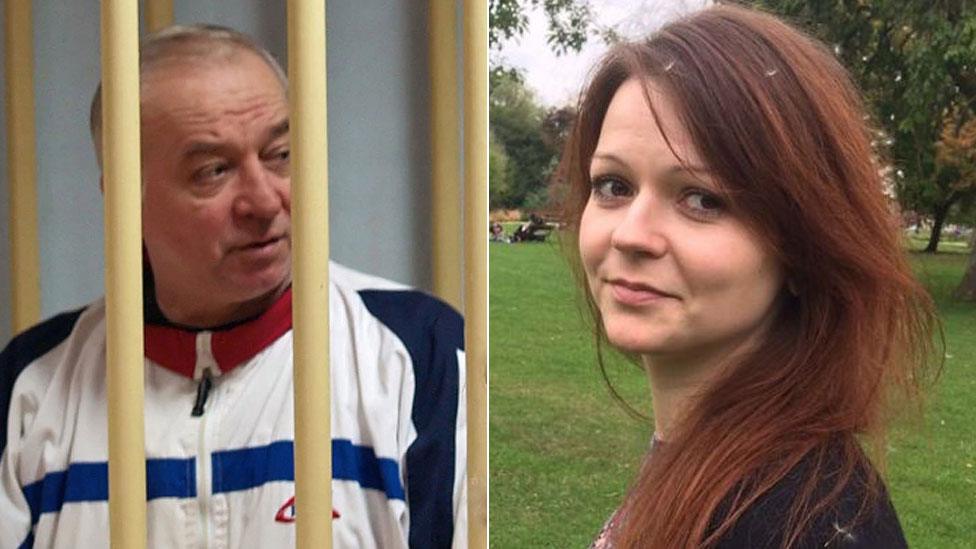Woman had 'small' chance of surviving nerve agent
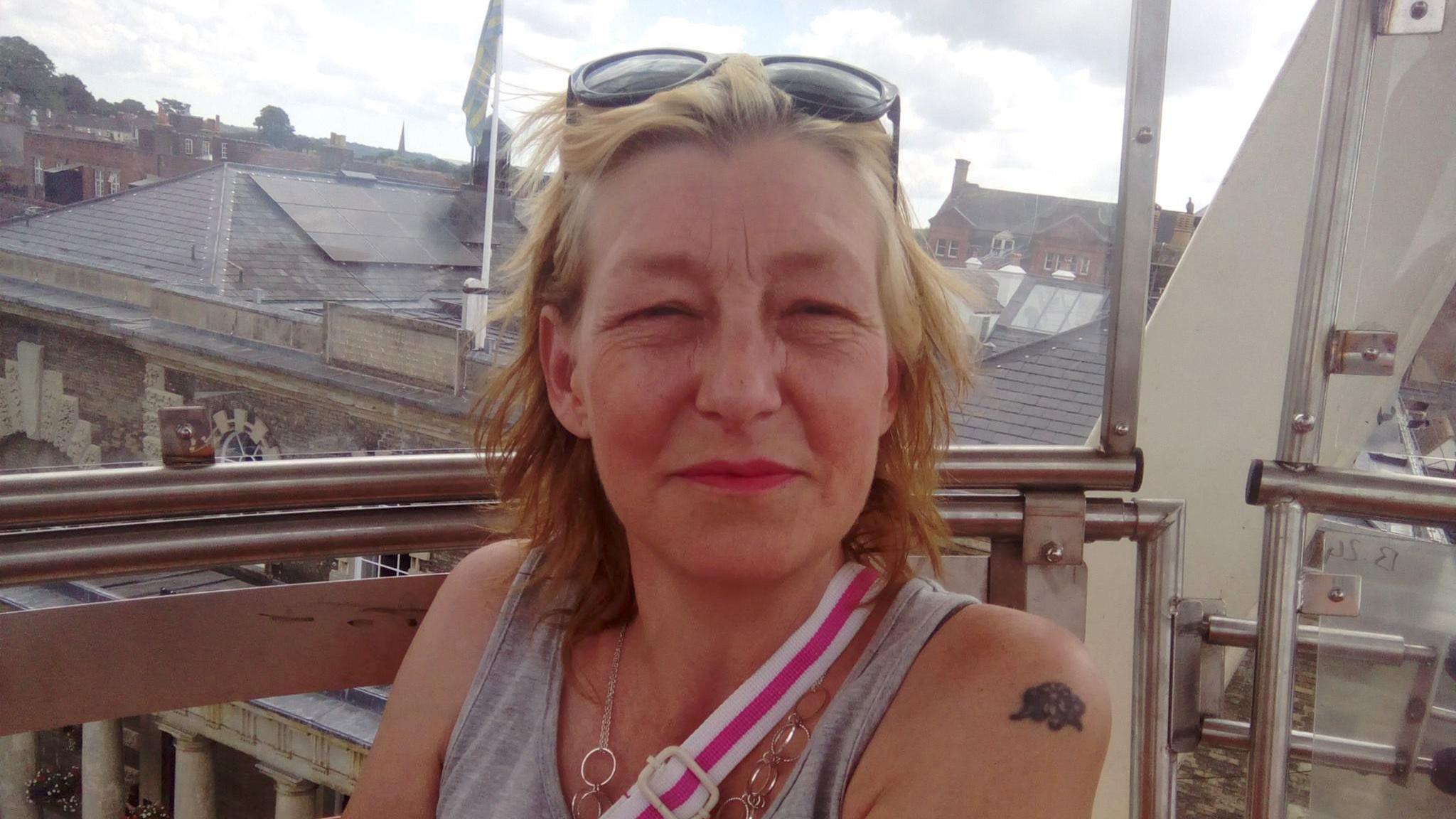
Dawn Sturgess suffered a cardiac arrest after being exposed to the nerve agent
- Published
A poisoning victim who unwittingly sprayed herself with Novichok had a "vanishingly small" chance of survival, an inquiry has heard.
Dawn Sturgess was 44 when she died on 8 July 2018, little over a week after being exposed to the nerve agent while at home in Amesbury, Wiltshire.
Giving evidence at the inquiry into her death in London, Dr Jasmeet Soar - a consultant working in intensive care medicine at Bristol's Southmead Hospital - said Ms Sturgess had suffered a cardiac-respiratory arrest.
She went without CPR for almost 10 minutes following this, and was found to have ultimately died from a traumatic brain injury caused by lack of oxygen and blood flow.
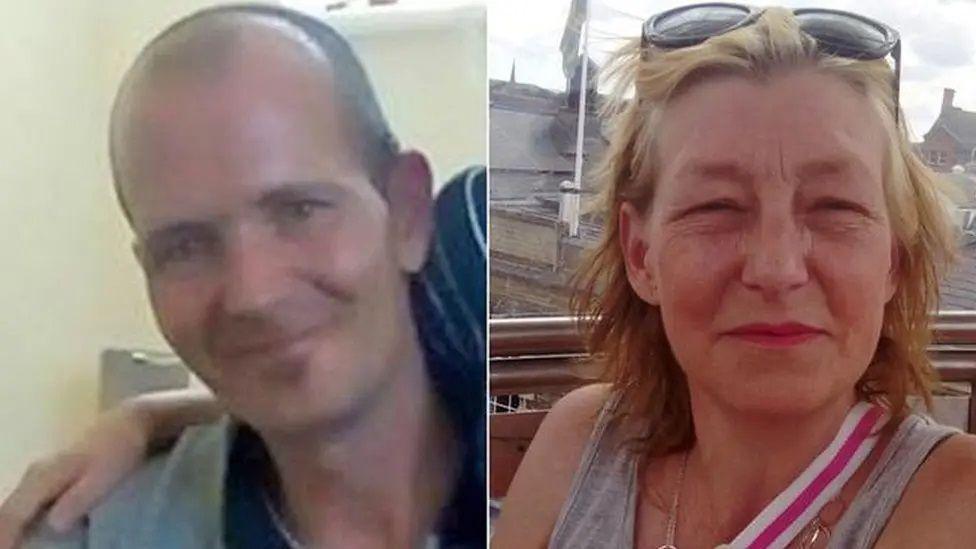
Charlie Rowley and Dawn Sturgess were both exposed to the nerve agent
Her death followed the attempted murders of former spy Sergei Skripal, his daughter Yulia and then-police officer Nick Bailey, who were poisoned in nearby Salisbury in March 2018.
All three survived, as did Ms Sturgess’s boyfriend, Charlie Rowley, who had unwittingly given her the bottle containing the killer nerve agent.
Dr Soar told the inquiry the effects of Novichok, if not treated “rapidly”, can lead to a “vicious circle of the muscles getting weaker” including muscles used for breathing.
He added that Mr Rowley found his girlfriend in the bath with no water and described her as being “unresponsive, looking unwell and having seizures or breathing difficulty", and had listened to the ambulance call made by Mr Rowley at around 10:14 BST on 30 June 2018.
“In the background of the call while he’s talking you can hear quite noisy breathing and that then gets gradually slower and slower to the point it stops at about 10.20am,” Dr Soar said.
He told the panel he believed Ms Sturgess was in cardiac arrest by this time, adding that Mr Rowley had done some chest compressions but "but we don’t know how many and how effective they were".
Dr Soar also explained Ms Sturgess was probably exposed to a relatively large dose of Novichok compared to Mr Rowley and the Skripals, having sprayed the perfume onto her wrists
He also said she likely would have inhaled aerosol components of the agent.
The inquiry continues.

BBC Sounds: Salisbury Poisonings
Keep up to date with the latest from the inquiry with our podcast.
Listen to the episode on BBC Sounds.

Follow BBC Wiltshire on Facebook, external, X, external and Instagram, external. Send your story ideas to us on email or via WhatsApp on 0800 313 4630.
See also
- Published11 October 2024
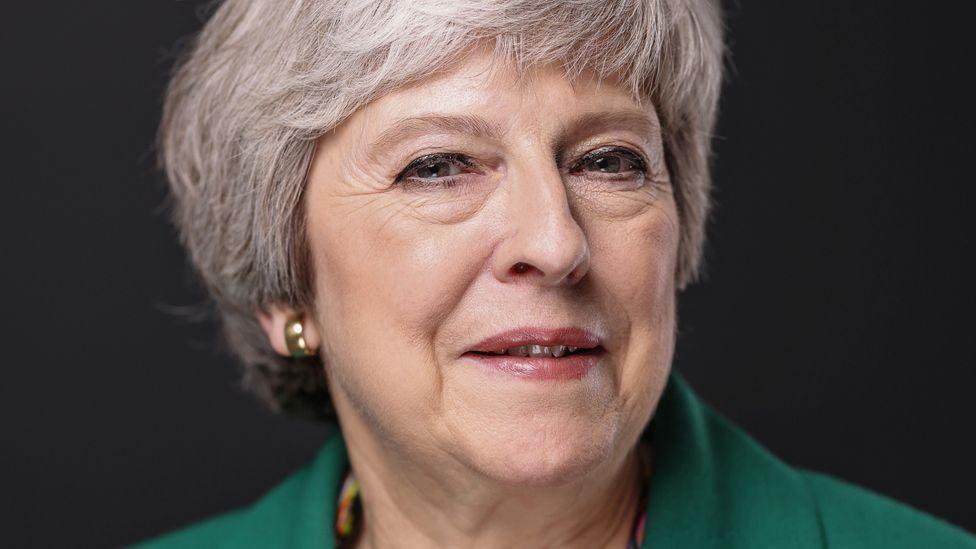
- Published30 July 2018
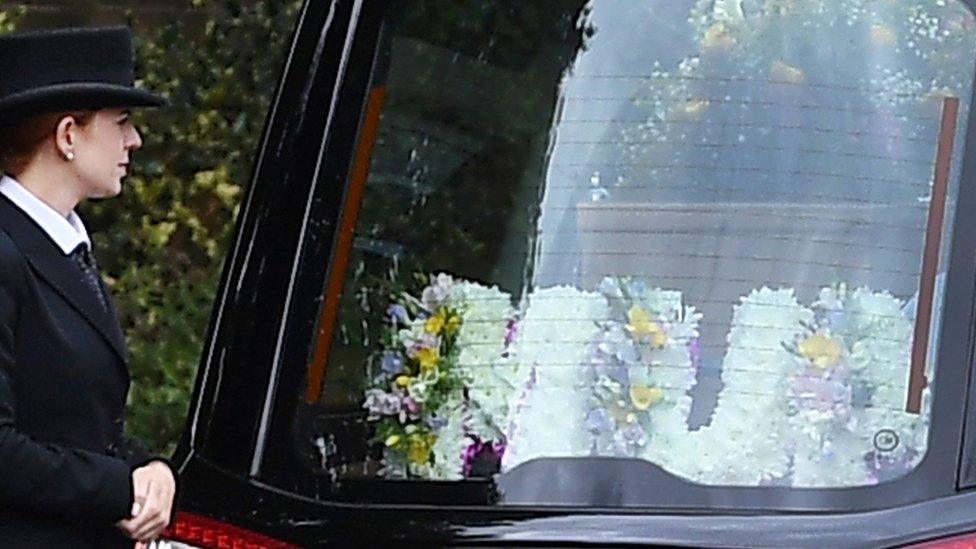
- Published4 March 2020
